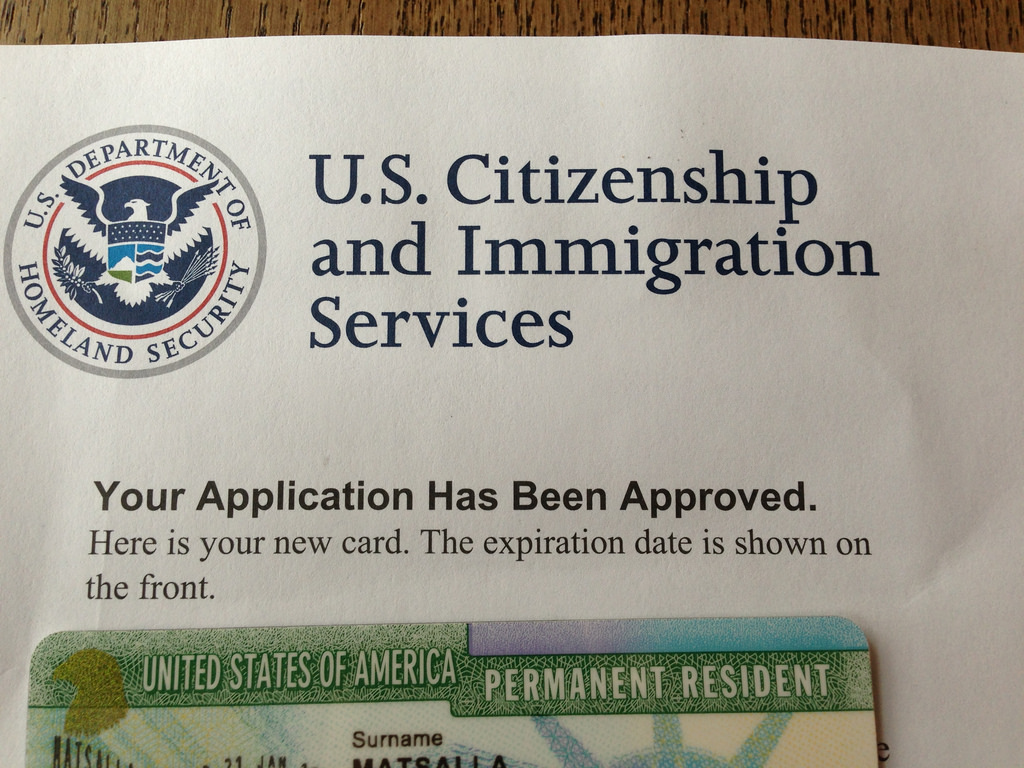 Conditional Permanent Residence
Conditional Permanent Residence
If you have received a two-year conditional permanent resident card, based on your marriage to a United States citizen, you are required to remove the conditions on your green card before the expiration date, by filing the Form I-751 Application for Removal of Conditions jointly with your spouse. Many clients often ask, “how do I know if I am a conditional permanent resident?” You will know if you are a conditional permanent resident if your green card contains the abbreviations ‘CR’ under the immigrant ‘category.’ Foreign spouses of US Citizens will be able to locate the abbreviation ‘CR 6’ on their green cards. If this abbreviation applies to you, you must file the I-751 removal of conditions application jointly with your spouse, within the 90-day window immediately before your conditional green card expires. For example, if your two-year green card expires on August 7, 2016, the earliest day to file your removal of conditions application would be May 9, 2016 up to the date of expiration. If you are no longer married to the US Citizen spouse through which you gained conditional permanent residence, you may seek a waiver of the joint filing requirement and file the application alone.
Proper and Timely Filing of the I-751 Removal of Conditions Application
USCIS must receive your properly completed removal of conditions application along with the filing fee, during this 90-day window, otherwise your application will be rejected if you do not have a legitimate reason for filing your application outside the deadline. If you are unsure of the time period in which you must file your I-751 application, you should consult with a licensed immigration attorney early on in the process. If you have decided to file the I-751 application on your own, without the assistance of an attorney, you must read the I-751 Form Instructions VERY CAREFULLY and contact the USCIS National Customer Service Line with questions.
Why do I need to file the removal of conditions application?
USCIS grants two-year conditional green cards to foreign spouses of U.S. Citizens, if the foreign spouse has been married to the US Citizen spouse for less than two years (on the date that they are granted permanent residence). Foreign spouses who have been married to their US Citizen spouse for more than two years (on the date they are granted permanent residence), receive permanent ten-year green cards. Permanent residents, as opposed to conditional permanent residents, do not need to file the I-751 removal of conditions application, because they already have been granted the ten-year green card.
Clients typically ask us; why must I file the removal of conditions application if I have already gone through the rigorous green card process with my spouse?
USCIS requires you to jump yet another hurdle in order to ensure that you have entered your marriage in good faith, and not to gain an immigration benefit. The I-751 therefore, is a fraud prevention mechanism for newly married couples, requiring them to prove that they did not get married to evade the immigration laws of the United States. As part of the removal of conditions application process, the couple must provide documented evidence showing that they have been living together from the date of marriage to the present (joint lease agreement), that the couple has commingled their finances during their marriage (joint income tax returns, joint bank accounts, joint insurances, joint loans, etc.), that the couple shares joint responsibility of assets and liabilities within the household (joint utility bills, joint insurance policies, joint financial responsibilities), and that the couple spends time together on a regular basis (photographs of the couple from date of marriage to present, phone records, e-mails, text-messages, social media correspondence, hotel/flight reservations, evidence of joint trips taken together, affidavits from friends and family members, etc.)
Continue reading
 Visa Lawyer Blog
Visa Lawyer Blog







